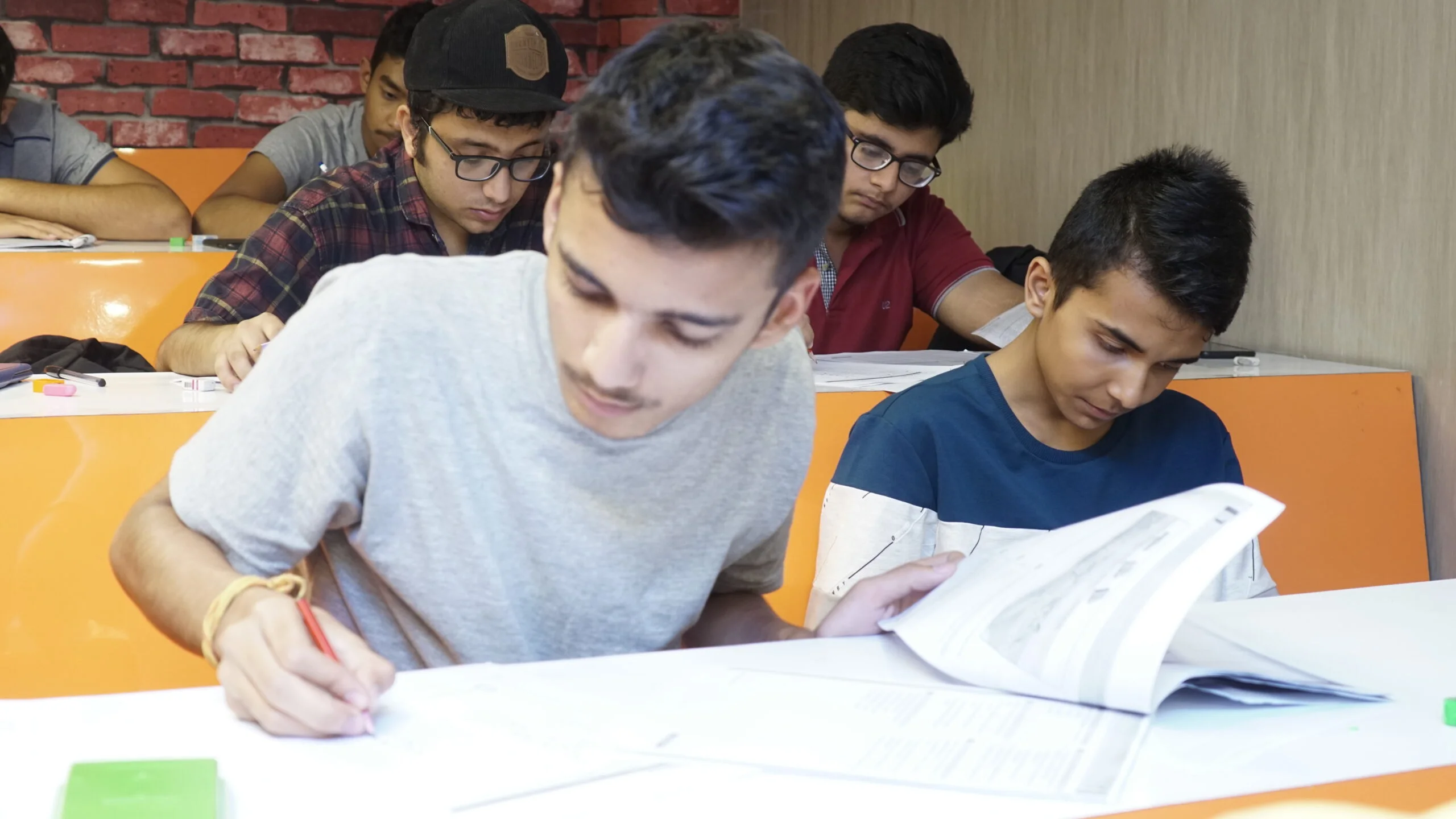Useful Grammar Structures- IELTS Speaking
Good grammar will help you progress in all the four skills of IELTS that includes Reading, Writing, Listening and Speaking. The Speaking and Writing Sections of the IELTS will require you to actively use grammar structures however; improving your grammar will also help you understand the language in the other two sections.
Grammatical Range and Accuracy comprises of 25% of your speaking band score and it is important that you show you can use a variety of grammatical structures.
Here are a few grammar tips and structures that will help you in your IELTS speaking:
You can use the Present Simple to talk about a regular habit or permanent state in the present. For instance, ‘I always brush my teeth before I go to bed.’ or, ‘I enjoy reading books very much’.
Present Simple is also usually used when giving opinions with verbs like ‘feel’, ‘believe’, ‘think’ etc. for instance; ‘I believe that the government will bring in enough vaccines for the disease’.
The Present Continuous tense (be + verb + – ing) is used to talk about any activity in progress at the present time and you might need to use it in Part 1 of the Speaking test in IELTS. For example, ‘I am originally from Dharan but, I’m currently living in Kathmandu’.
The Present Continuous tense can also be used in Part 2 or Part 3 to talk about the current trends. For instance, ‘Online shopping is becoming very popular these days’.
The Past Simple tense is used to talk about completed past event or situations. For example, ‘I worked very hard last summer’.
The Past Continuous tense (was/were + verb + -ing) can be used to talk about activities that were in progress at a specific time in the past. Example: ‘I was working at 6 pm’.

This tense is also often used with the past simple to describe what was happening when some event took place. This can be really helpful to you when telling stories for example in your Part 2 Speaking, ‘I was feeling a little sick so I came back home’.
The Present Perfect Simple (has/have + past participle) can be used to describe a state or completed change from a time in the past to the present moment and it can be helpful for you to answer questions about the global trends or recent changes in your country. For instance, ‘Recently, online shopping has been very popular in my country’. Present perfect simple tense is most commonly used with the time expression ‘since’ + point of time or, event in the past. Example: ‘Since I moved to Kathmandu, my social life has become a lot more interesting’.
You can also use this tense to talk about any completed events that happened or didn’t happen within a period of time from the past to the present and can be used to talk about your personal experiences. For example, ‘Since last year, I’ve met a lot of interesting people’.
We also often use this tense with ‘never’ and ‘ever’ for instance, ‘I’d love to visit Paris as I’ve never been there’.
The Present Perfect Continuous tense (has/have + been + verb + -ing) is used to talk about an activity or trend that started in the past and continues to the present and you may need to use this tense in all parts of the speaking test. For instance, ‘Recently, I’ve been thinking of joining the gym’. Often, we use this tense with ‘for + period of time’ and ‘since + point of time or, event in the past’. Example: ‘I’ve been working as a sales representative since I graduated from high school’.
The major difference between the present perfect simple and the present perfect continuous is that the first one describes states or completed changes or actions while, the latter one describes continuous or unfinished activities.
If you are asked about ‘How often’ questions, it is recommended that you use adverbs/phrases of frequency.
For hypothetical questions, you can use would + infinitive / second conditional. Similarly, you can use the comparative structures when comparing two things or situations.
You should be extra careful when talking about the past. You should make sure that you do not use the present perfect tense when asked about the past. For instance, if you are asked about what kind of books did you read when you were younger, do not use the present perfect tense and say something like ‘I have read romantic novels’.
If you want to talk about a habit or routine in the past, it is suggested that you use ‘used to + infinitive’, for instance, ‘I used to read romantic novels’.
If you are unsure about what tense to use, it is helpful when you listen to the question asked and simply try to copy the same structure or tense in your answer. For example, use past simple for your answer if the examiner uses past simple in the question.
REMEMBER! Practice is the key!














